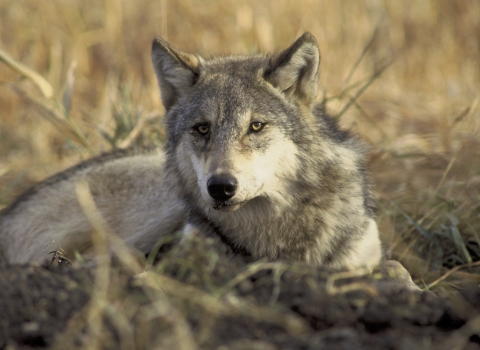To help prevent a deadly fungus from killing native salamanders, the U.S. Fish and Wildlife Service today declared 201 salamander species as injurious wildlife under the Lacey Act. The Lacey Act prohibits the import and interstate trade of listed species. The fungus Batrachochytrium salamandrivorans, also known as Bsal or salamander chytrid, has wreaked havoc on salamander species overseas and poses an imminent threat to native salamander populations. The fungus is not yet known to be found in the United States, and to help ensure it remains that way, the Service is publishing an interim rule that will take effect on January 28, 2016.
“The United States has the greatest diversity of native salamanders in the world, which play a critical role in maintaining our nation’s rich and diverse ecosystems,” said Service Director Dan Ashe. “The Bsal fungus has the ability to devastate our native salamander populations, and we are doing everything in our power to protect and preserve these essential amphibians for future generations.”
A species can be listed under the Lacey Act because it is injurious to the health and welfare of humans; the interests of forestry, agriculture, or horticulture; or the welfare and survival of wildlife or the resources that wildlife depend upon. In listing these species, the Service is responding to science that shows that Bsal is an imminent threat to U.S. wildlife.
Permits may be granted for the importation or transportation of specimens of injurious wildlife for scientific, medical, educational or zoological purposes. For purposes of this listing, the prohibition includes importation or interstate transport of live and dead animals, including parts. The Lacey Act does not restrict intrastate (within state) transport.
Owners of any of the animals listed as injurious will be allowed to keep them under this rule. For animals already in the United States, this rule only restricts interstate transportation. It will be lawful for pet owners to keep their pets (if allowed by state law).
Concurrent with publication of the interim rule in the Federal Register, the Service is opening a 60-day comment period. All comments will be considered before the Service makes its final rule on the designation. The instructions for submitting public comments can be found by visiting www.regulations.gov and entering the docket number FWS-HQ-FAC-2015-0005. More information on this interim rule, including supporting documents is available at: http://www.fws.gov/injuriouswildlife/.



